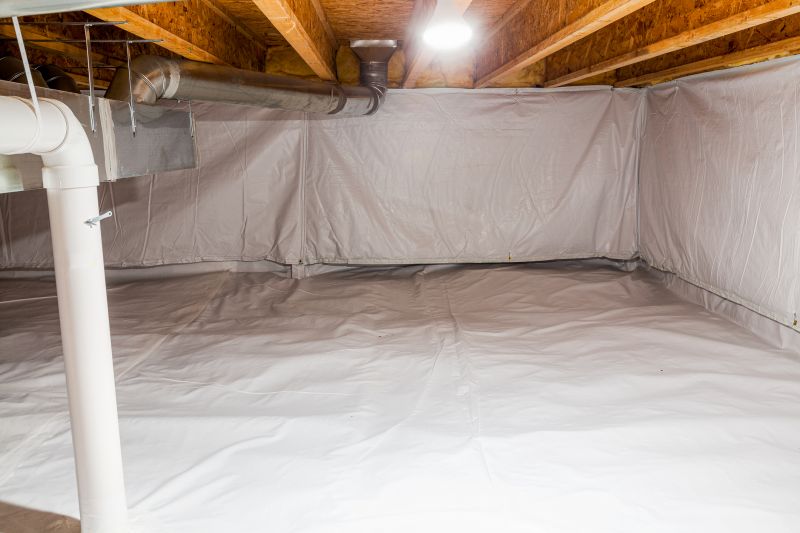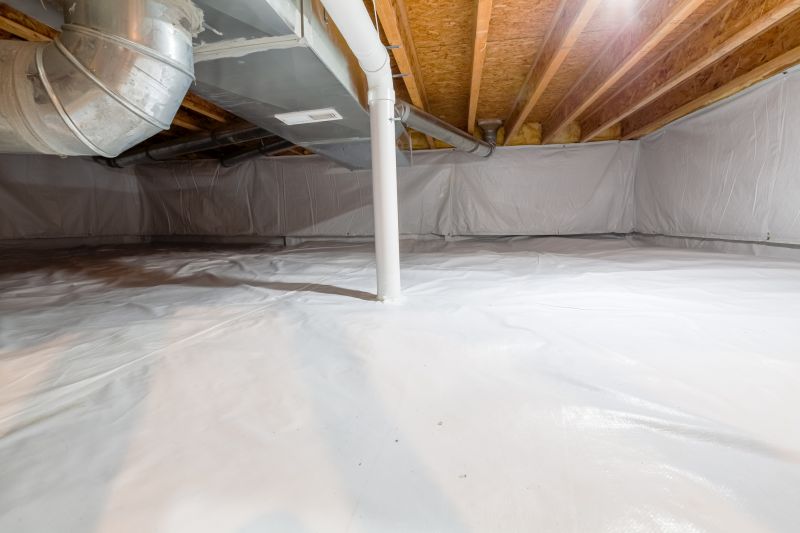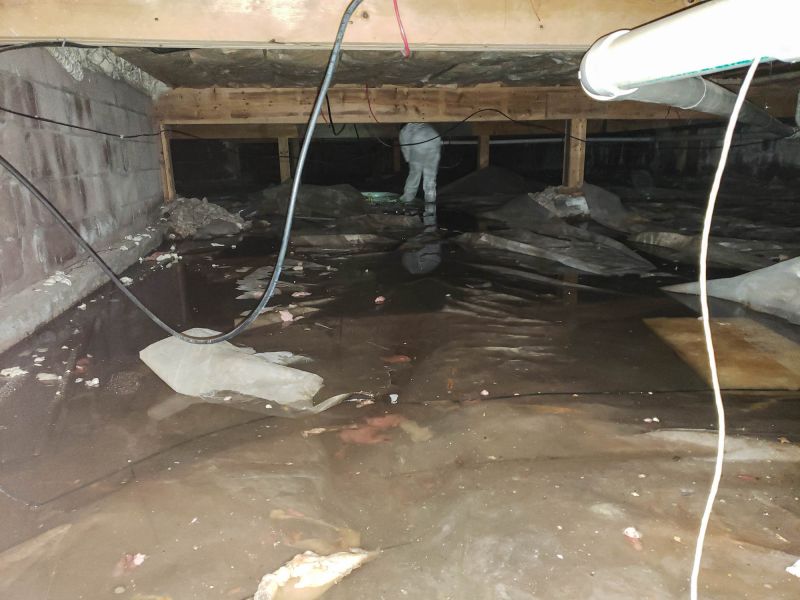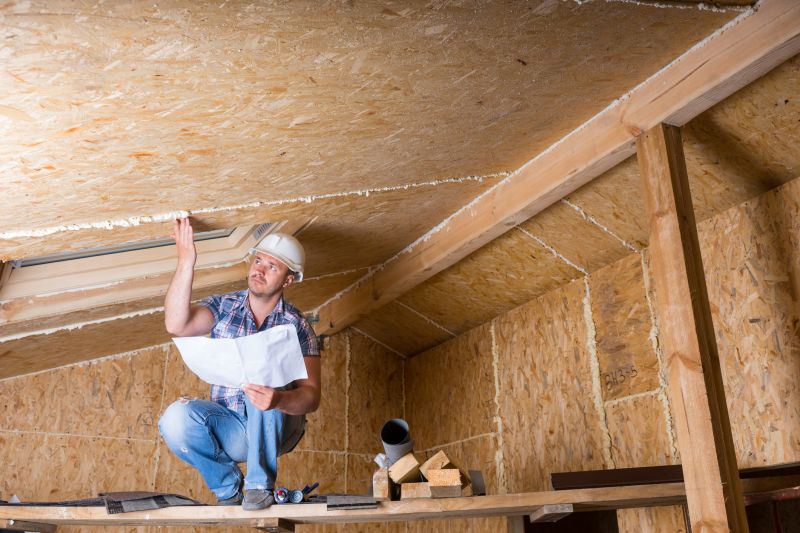Crawlspace Encapsulation for Better Home Comfort
Crawlspace encapsulation involves sealing and insulating the area beneath a building to prevent moisture intrusion, improve air quality, and enhance energy efficiency. Proper encapsulation can significantly reduce the risk of mold growth, wood rot, and pest infestations, contributing to a healthier and more comfortable living environment.
Encapsulation creates a barrier against ground moisture, preventing dampness that can lead to mold and structural damage.
Sealing the crawlspace reduces heat loss and drafts, lowering heating and cooling costs.
Reducing mold and dust mites improves indoor air quality and can alleviate allergy symptoms.

A fully sealed and insulated crawlspace with durable vapor barrier installed.

Close-up of the encapsulation process showing insulation and vapor barrier.

Installation of vent covers to prevent outside air infiltration.

Enhanced thermal barrier to improve energy efficiency.
Neglecting crawlspace encapsulation can lead to increased moisture levels, which foster mold growth and attract pests. These issues can cause structural deterioration and compromise indoor air quality, potentially leading to health concerns. Without proper sealing, energy costs may rise due to heat loss, and homeowners may experience uncomfortable drafts and uneven temperatures.
| Benefit | Impact |
|---|---|
| Moisture Prevention | Reduces mold growth and wood rot, protecting the structural integrity of the home. |
| Energy Savings | Decreases heating and cooling expenses through improved insulation. |
| Air Quality | Limits dust, mold spores, and pests, promoting healthier indoor air. |
| Pest Control | Blocks entry points for pests and rodents. |
| Property Value | Enhances home value by improving overall condition and energy efficiency. |
| Structural Durability | Prevents damage caused by moisture and pests. |
| Comfort | Maintains consistent indoor temperatures and reduces drafts. |
| Long-term Savings | Lower maintenance costs and energy bills over time. |

